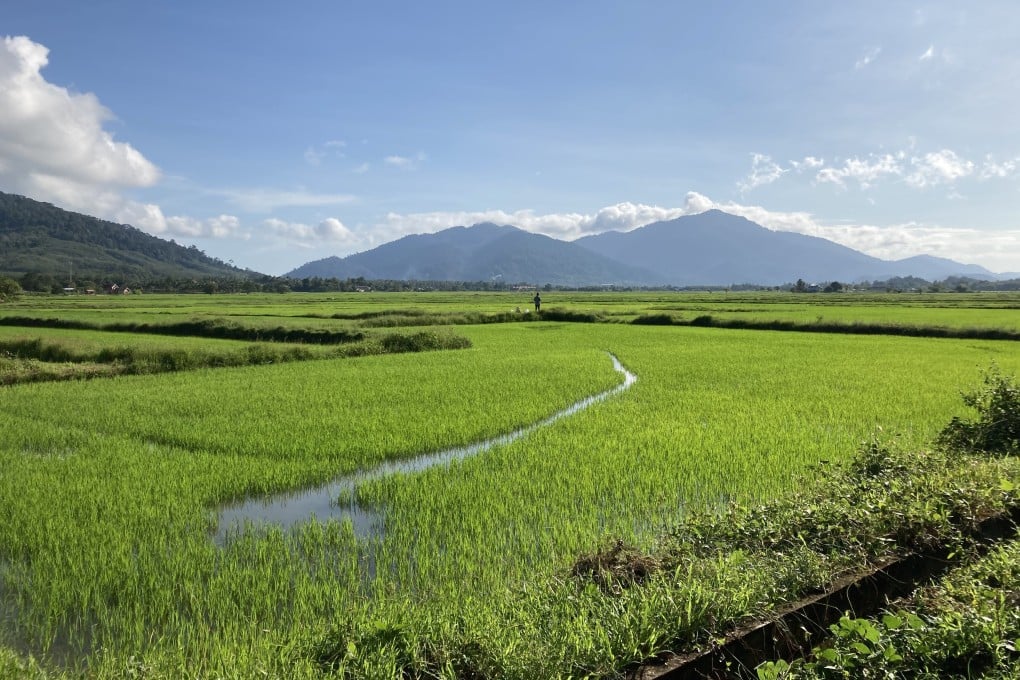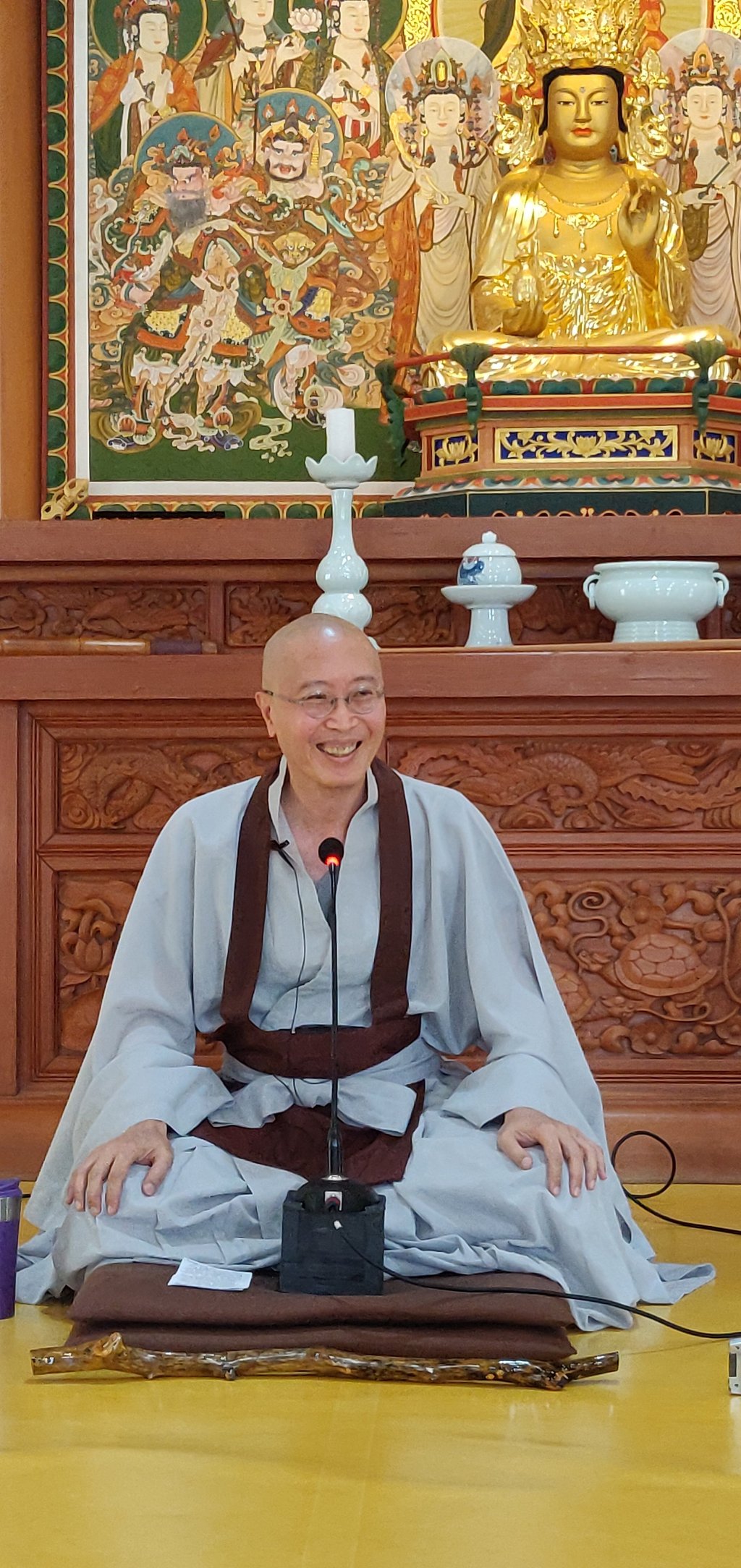Will sustainable travel flourish in Malaysia post-pandemic?
- As Malaysia emerges from two years of travel and social-distancing restrictions, signs of changing attitudes towards sustainability and eco-tourism are emerging
- One suburban educational farm project in Penang offers grow-your-own-food and composting workshops, and rents rooms for eco-travellers

Buddhist monk Myong An Sunim’s pandemic experience has been all the better for birdsong.
“In the initial lockdown I suddenly noticed all the streets were quieter and that you could hear a lot of birds. It was really nice.”
That’s certainly more pleasant than the ills of mass tourism that were being suffered pre-pandemic on the Malaysian island of Penang, where Sunim lives. Cruise-ship crowds, pub-crawlers and droves of durian lovers arriving for the harvest in May had compromised the island’s chief attractions, bucolic interior and historic old town, which was made a Unesco protected heritage site in 2008.
But in March 2020, when the government introduced travel and social-distancing restrictions in response to the pandemic – under its Movement Control Order (MCO) – the skies began to clear and the natural world piped up again. “Nature is very resilient,” Sunim says.

Two years later and Malaysia is planning to reopen its borders, on April 1. Fully vaccinated arrivals will no longer have to quarantine. But as the world slowly learns to live with Covid-19, we must address a far greater threat than the coronavirus: climate breakdown.
With many governments still paying little more than lip service to the problem, people from all walks of life – in Malaysia, as elsewhere – are doing what they can to make a difference.
